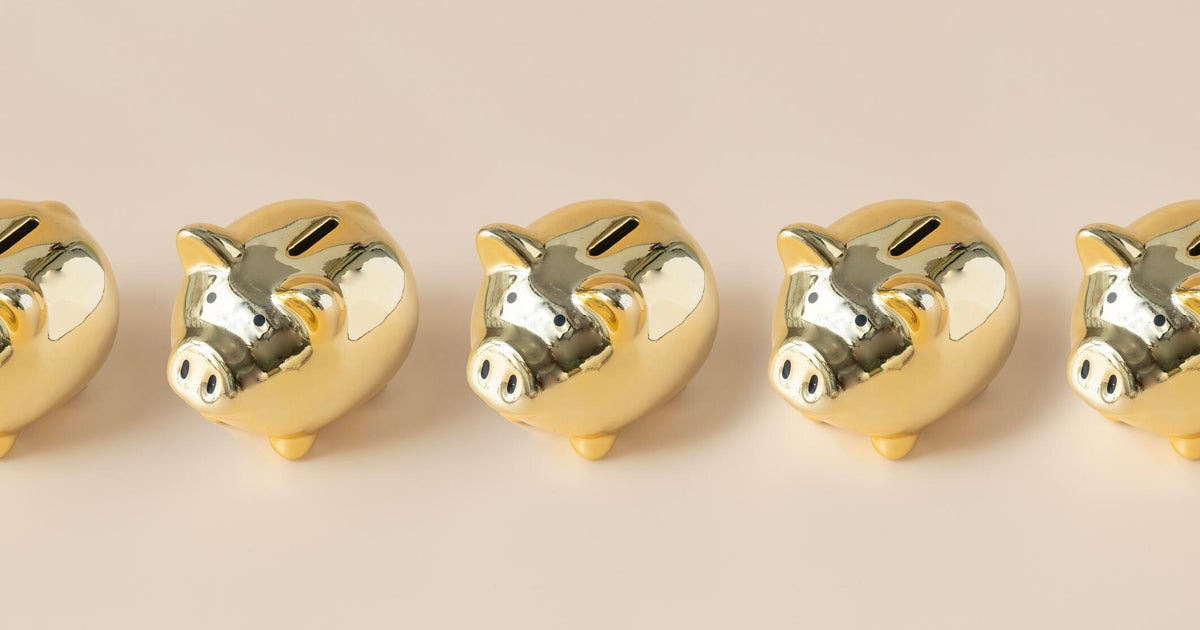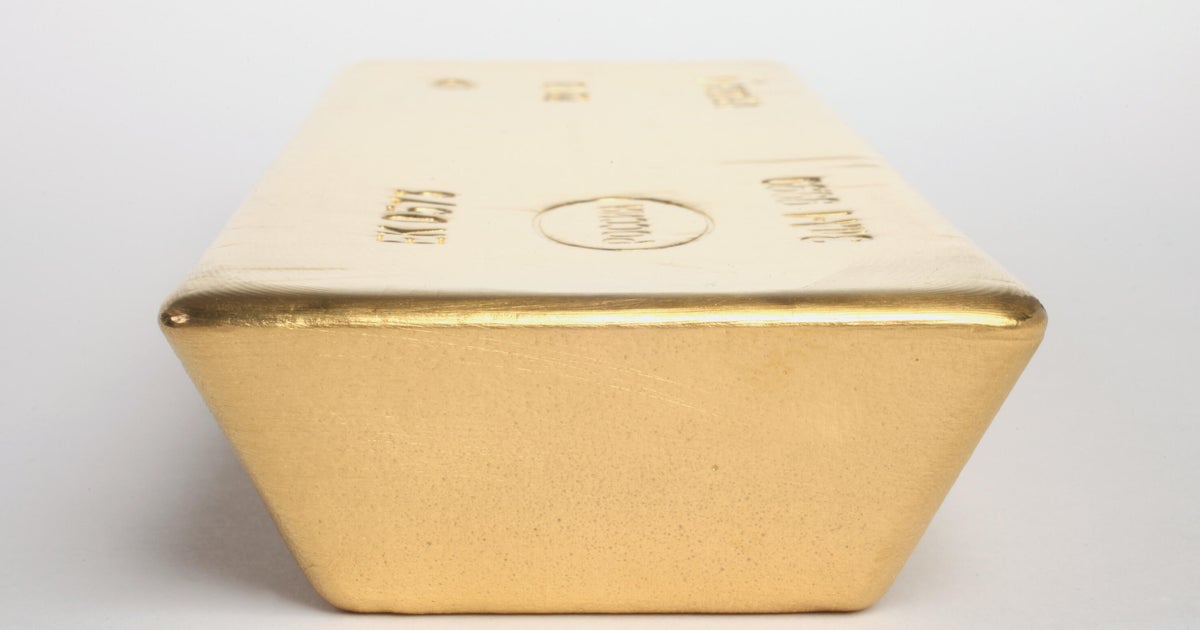How much should beginners invest in gold?
Investing in gold can be a great way to secure your portfolio against economic changes and hedge inflation. But choosing the right allocation can have a big impact on how your investment performs — especially if you're just starting out.
Gold is a great diversifier for your portfolio, so you can use it alongside more traditional investment assets like stocks and bonds. But that also means it shouldn't make up 100% of your investments. In fact, many investors may see the biggest benefits from smaller amounts invested in the precious metal.
Think gold could be a good choice for you? Learn more about how you can invest today with a free information kit.
How much should beginners invest in gold?
Experts typically recommend no more than a 5% to 10% portion of gold for the majority of savvy investors. "A good starting point is 3-5%," says Mel Mattison, CFP, a financial services professional and consultant.
Why the small amount? When economic uncertainty causes downturns in other markets or inflation causes the dollar's value to drop, gold can act as a safe haven for your investments to maintain value, or sometimes even increase. However, gold doesn't grow wealth over time as well as more risky investment types can. Gold prices do tend to rise steadily in the long-term, but don't have the same steep climbs as you'll see investing in the stock market.
As a result, many experts recommend keeping your gold allocation relatively low. This can help you benefit from the growth potential of other assets while using gold to protect your portfolio during periods of downturn over your long-term investment timeline.
Find out more benefits of gold investing now with a free investors kit!
What to know about gold investing
Gold investing is beneficial for many long-term investors thanks to its diversification benefits.
Across your entire investment horizon, you'll inevitably encounter everything from inflation to recessions and market downturns. Because gold moves independently of the stock market and even the value of the dollar, it can act as a safe haven during these periods.
"Hard assets such as gold and silver show their strength as complements in a traditional portfolio," says Paul Mladjenovic, author of Stock Investing For Dummies. These assets can help you stay diversified away from "paper assets" in times of economic instability, rising interest rates and inflation, he says.
As a beginner, you'll not only want to choose the best allocation for your goals, but also the right type of gold investment. If you're saving for retirement, for example, a gold IRA may be a good option. If you want exposure to gold without the commitment of holding physical bullion, on the other hand, you might consider buying stock in gold-adjacent companies. Consider your overall investment goals, costs and fees and storage options to help decide.
Before you invest, consider speaking with an expert, like a financial advisor, who can help you decide the right gold investment option for you. Start learning more now with a free investment guide.
The bottom line
If you're just starting out investing in gold, one of the best things you can do is start small. Gold can make a solid addition to your overall portfolio, but a little goes a long way. With an allocation of just 5% to 10% invested in gold, you can reap the benefits of diversification while still enjoying the long-term gains of growth-driven stock investments.
Want to start adding gold to your portfolio today? Learn more about your options with a free information kit.




